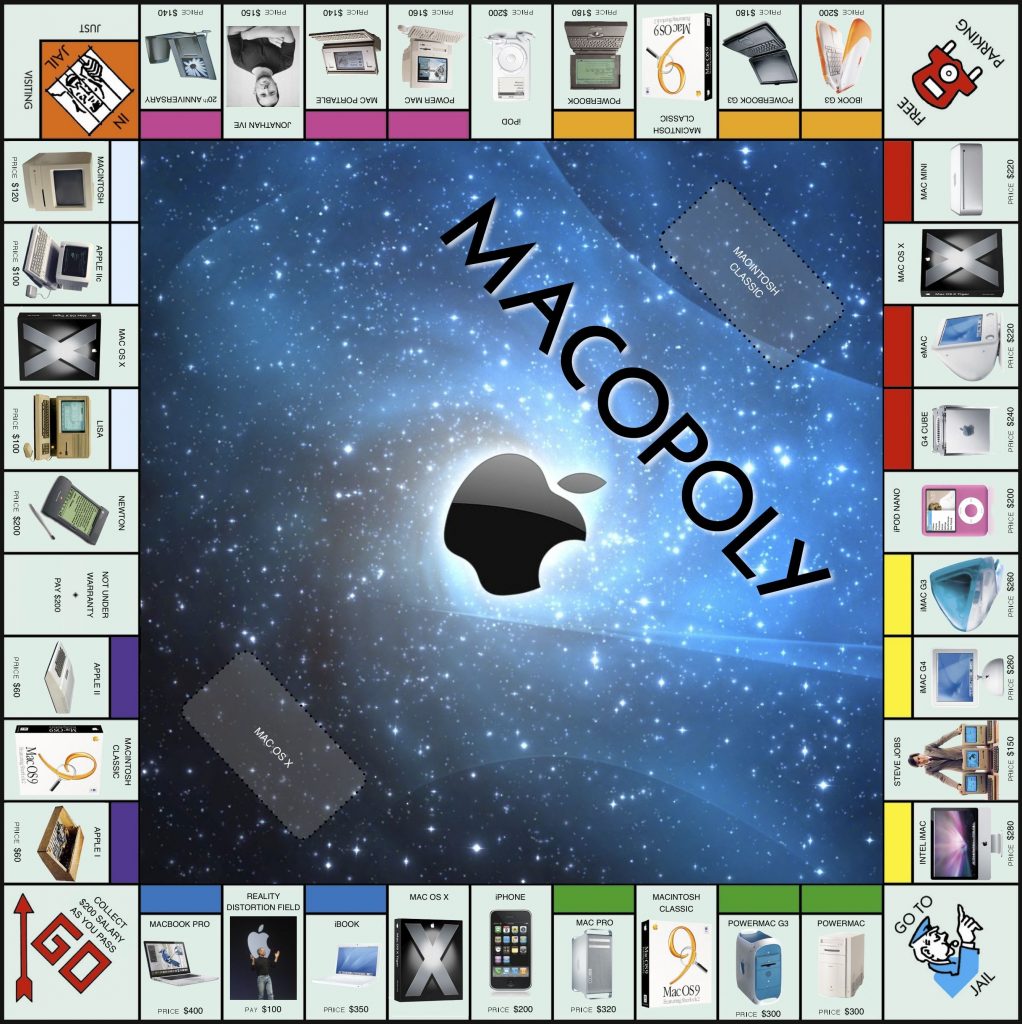Early last month the Supreme Court ruled in favor of an anti-trust lawsuit filed by iPhone users alleging that the Apple App Store is a monopoly. Apple argued that iOS users were technically buying apps from other developers who themselves were the actual customers of Apple, and not the iPhone users. Unfortunately this argument fell on deaf ears and Apple received an unfavorable ruling.
I am not the biggest fan of Apple, and in full disclosure do not know the inner workings of their business and competition strategies. However, they have created a very successful marketplace with the App Store. Even with powerhouses like Google and others trying to replicate its success, Apple still leads the marketplace for apps. For a little background on the claim, the plaintiff has stated that by Apple requiring IOS users to buy apps solely through its official App Store and then charging developers a hefty commission percentage, Apple is adding a mandatory fee that developers then pass onto their customers. The anti-trust claim simply is that Apple is using its monopoly status to charge this mandatory fee to overcharge their customers.
Is this business model for the App Store fair? Maybe, maybe not. When I think of a monopoly, it is a company that owns and controls the infrastructure and end to end solution as the only option. An example of this would be British Telecom. BT owns the physical cabling to most of the homes and business in the UK and therefore controls the phone and broadband options for its consumers. However, even with this level of control, in 2016, a ruling was made which allowed BT to maintain its “monopoly” business practices. Although Apple is clearly the market leader in the app marketplace, consumers can still buy an Android phone and use Google’s App Store, and not be subject to Apple or their pricing models. Consumers have other options available to them.
I think this debate is a side effect to the digital age of the 21st century. Think back 50 years ago, if you bought a phone for your home, it was yours. You operated it, and unilaterally selected who would repair it. Today if you buy a mobile smartphone, you “own” it, but if you don’t go through a “certified” repair shop (somebody who pays the manufacturer a mandatory accreditation fee and then passes that fee onto the customer essentially overcharging their customers), you negate the warranty. In some cases, the manufacturer can even shutdown your phone remotely where it becomes a very expensive paperweight. How is this different than how Apple runs the App Store?.
If Apple is guilty of a monopoly, couldn’t a case be made for any company who charges “an accreditation fee” to exclusively service their product…


